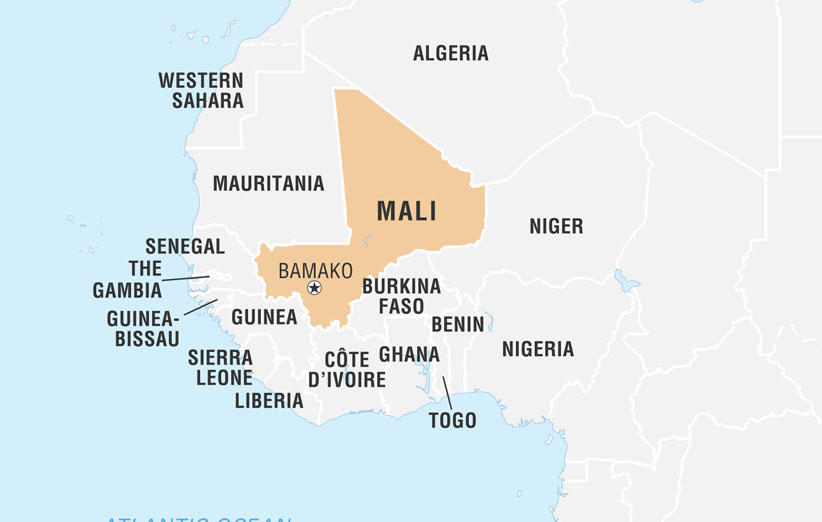(3 minutes read)
Mali’s head of state Colonel Assimi Goïta, unilaterally extended the duration of the transition by 24 months from March 26, 2022. ECOWAS has expressed regret over this decision; but however, maintained that the mediation process would continue with the Malian authorities
Mali’s head of state Colonel Assimi Goïta, unilaterally extended the duration of the transition by 24 months from March 26, 2022. ECOWAS has expressed regret over this decision; but, however, maintained that the mediation process would continue with the Malian authorities.
The decision of the military junta of Mali came at a time when negotiations were still taking place to reach a consensus, ECOWAS observed in a statement, adding that its mediator would continue discussions with the Malian authorities, with a view to reaching a mutually acceptable timetable for the transition.
Mali’s ruling junta, in August 2020 after a coup, issued a decree a couple of days ago fixing the 24-month timetable, to be counted from March 2022. Despite the resistance from the ruling junta, the 15-member bloc has been pushing for a shorter extension of at most 16 months. In retaliation for the military junta not falling in line, in January, ECOWAS imposed sanctions after Mali’s junta said it would not organise democratic elections the following month as initially planned. Heads of state from ECOWAS member countries will hold another review on Mali on July 3.
Read Also:
https://trendsnafrica.com/mali-calls-urgent-lifting-sanctions-by-ecowas/
https://trendsnafrica.com/mali-to-break-off-from-defence-accords-with-france/
https://trendsnafrica.com/mali-acquires-two-russian-and-surveillance-radars/
Analysts maintain that nothing much can happen in that meeting also. There is also criticism that ECOWAS as a bloc lost its sheen since the member countries seldom listen to its decrees.





